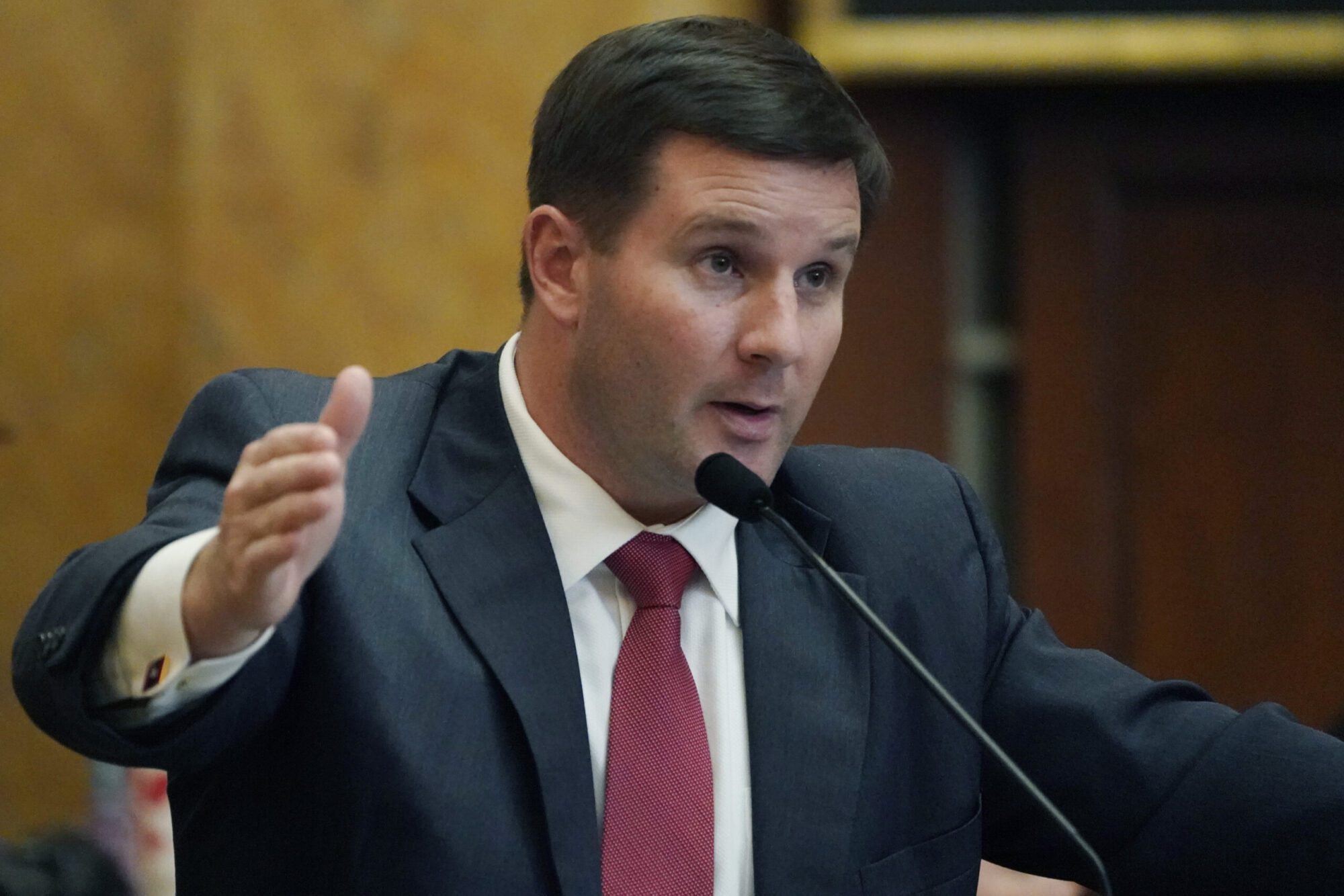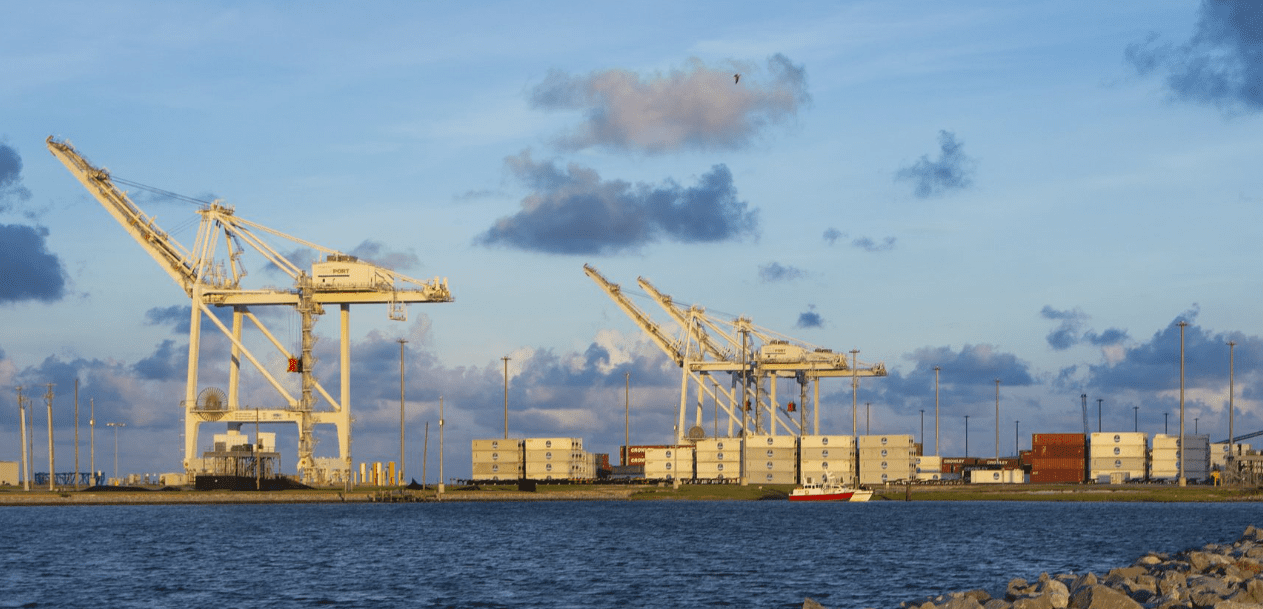
Sid Salter
- The projects could transform how the rest of the country sees Mississippi and perhaps more importantly, how Mississippians see themselves.
One thing that Mississippi has not been known for is national expertise in computer science and cybersecurity. But as of last week, that reality changed when the U.S. Air Force announced that Keesler Air Base in Biloxi, Mississippi is now the national hub for cyber operations training in that branch of service.
Leaders from Mississippi State University, the U.S. Air Force, and the City of Biloxi, along with Miss. Gov. Tate Reeves, signed a joint proclamation Jan. 10 for the state-of-the-art Mississippi Cyber and Technology Center and collaborations to enhance state and federal cybersecurity capabilities. The 100,000-square-foot planned building on Keesler Air Force Base will serve as the headquarters for the MSU-led Mississippi Cyber Initiative.
The prominent international computer platform geeksforgeeks.org describes the explosion of interest in cyber issues this way: “Cyber Security is important because the government, corporations, medical organizations, the military and financial institutions collect, process, and store unprecedented amounts of data on computers and other properties and exposure of this private information could have negative consequences.”
Cybersecurity training for the U.S. Army is primarily at Fort Eisenhower, Georgia (near Augusta) at the Cyber Center of Excellence. Training for the U.S. Navy occurs at the Center for Information Warfare Training at various locations including Corry Station in Pensacola, Florida, and at Keesler in Biloxi for the Air Force.
There are joint training facilities including the Navy’s Cyber Warfare Engineer for officers at the Officer Development School in Newport, Rhode Island and the Department of Defense Cyber Crime Center at Fort Meade, Maryland.
Mississippi Power Company President & CEO Anthony Wilson sees the ribbon-cutting for the Mississippi Cyber Technology Center in Biloxi as one of a series of transformational high-tech economic development projects that will transform how the rest of the country sees Mississippi and perhaps more importantly, how we see ourselves.
“We are witnessing a revolution in Mississippi that is transforming the state’s economic landscape, attracting new businesses, providing job opportunities now and learning opportunities for a new generation. When you consider the $20 billion investment in two data centers over the last two years, the Cyber Center at Keesler, and much more, Mississippi is clearly a leader in these cutting-edge technologies. I believe this is only the beginning of a period of tremendous growth as perceptions of our state are seen in a new light,” Wilson said.
“The Cyber Center will strengthen Keesler’s mission to train cyber warriors, and it will serve as a hub for academic achievement and economic development for cyber, artificial intelligence, machine learning, and other technology companies and agencies,” Reeves said. “In short, the future is here in Mississippi.”
MSU President Mark E. Keenum shared that the Mississippi Cyber Initiative represents a continuation of the university’s land-grant mission to serve the entire state of Mississippi. The initiative’s collaborators are addressing critical cybersecurity needs to protect Mississippi’s future, he said.
“The Mississippi Cyber and Technology Center will fortify and strengthen Keesler’s mission and the Gulf Coast’s status as a national hub for cybersecurity expertise through training, research and outreach,” Keenum said. “It’s the perfect example of the power of partnerships and what we can accomplish by working together.”
“Keesler Air Force Base is the epicenter of all Air Force cyber operations training,” said Col. Billy Pope, commander of the 81st Training Wing. “We can mark today as the day that we guarantee our relevance and our excellence in this space for generations to come.”
A day before the Cyber Center announcement, Reeves announced another $10 billion project by the Dallas-based company Compass Datacenters, which will locate its next “hyperscale data center campus” in Meridian. A year before, Reeves announced a similar $10 billion investment for Madison County as Amazon unveiled a tech hub for the Madison County mega site.
In 2023, Reeves announced that Steel Dynamics, Inc. green-lighted the then-largest economic development project in state history. The project represented a $2.5 billion investment that will create approximately 1,000 jobs with an average salary of almost $100,000.
With some $33 billion in high-tech Mississippi development projects, Wilson’s vision of the state’s economic landscape is one that he can provide compelling evidence to support.








